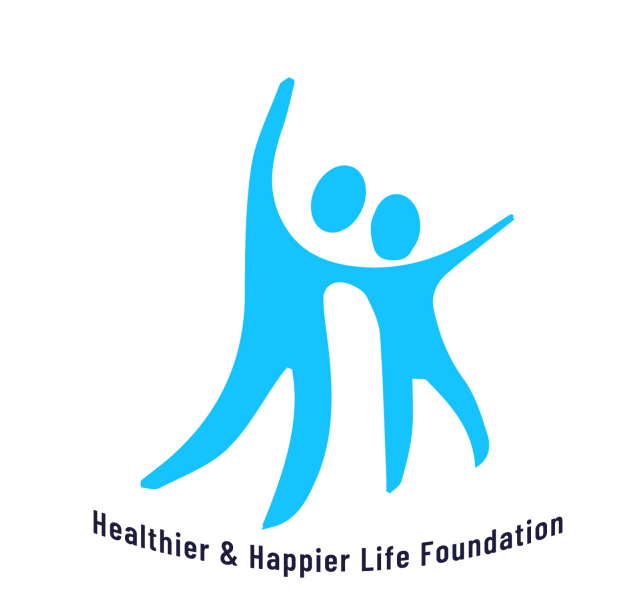By Dominic D. Gadeka

Non-Communicable Diseases (NCDs) refer to non-infectious and non-transmissible diseases. The four major types of NCDs are cardiovascular diseases (commonly hypertension, heart attack, and stroke), diabetes, cancers, and chronic respiratory disease (asthma and chronic obstructive lung disease). These four account for more than 40% of the total deaths in Ghana. Cardiovascular disease is the single largest contributor, followed by cancers, diabetes and chronic respiratory diseases. According to the World Health Organization (WHO), Ghanaians between the ages of 30 and 70 years have a 20% chance of dying from one of these four major NCDs. Moreover, mental health disorders, with depression being the largest cause of disability globally is virtually not spoken of most often.
However, as noted by Arlen Specter: “There’s nothing more important than our good health – it is our principal capital asset.” Simply put, health is the resource for everyday living. Good health is wealth. A wealth that ensures economic transformation for sustainable national development. It is therefore not surprising that the Goal three (3) of the Sustainable Development Goals (SDGs) categorically is to ensure healthy lives and promote well-being for all at all ages by 2030. Being more specific, target 3.4 of the Goal three (3) is to reduce by one third premature mortality from NCDs through prevention and treatment and promote mental health and well-being.
As a young Ghanaian, my main worry is the continual rise and the early ages of development of these NCDs coupled with health systems challenges. For instance, the annual incidence of cancer has risen from 16,600 in 2012 to 22,823 in 2018 while mortality has risen from 11,500 to 15,089. These are threats to the very good future we yearn for. I fear because there is a continual increase in our population, life expectancy (ageing), urbanization, unhealthy lifestyle, increased production of fizzy drinks, alcoholic beverages coupled with high contents of sugar, salt and trans fats in our foods while there continues to be lack of comprehensive operational policies regarding NCDs prevention, lack of national guidelines/protocols/standards for the management of major NCDs through primary care approach, no NCD surveillance and monitoring system and lack of robust health system. I fear because these diseases have high economic, physical, psychological and social burdens which are not only threats to the achievement of the SDGs but our very lives.
However, whether the rapid rising burden of these NCDs are issues of failed systems or failing citizens, I wish to quote Sir Winston Spencer-Churchill, a British statesman and Prime Minister of the United Kingdom from 1940-1945 and again from 1951-1955, “Healthy citizens are the greatest asset any country can have”. It therefore implies that combating this menace of NCDs demands the efforts of both the citizens (individuals) as well as the institutions (the systems).
I therefore wish to advice individuals to stop tobacco use, stop/reduce alcohol intake, reduce salt intake, consume less sugar, be physically active, practice healthy dieting while I call on government to put policies into action, provide evidence based clinical guidelines for treating NCDs, make available HPV vaccines against cervical cancer, incorporate breast, cervical and colorectal cancer screening into the primary healthcare system, increase service coverage for mental health disorders and establish depression friendly centres/services. Additionally, I urge government to enact or enforce relevant legislations to provide the backbone for food, tobacco and alcohol policies while ensuring productive collaboration with civil society, private sector, health and non-health sectors (e.g. Agricultural etc.) and the academia for contextual clinical and public health/epidemiological research.
In conclusion I wish to urge my fellow young Ghanaians to hold the future in high esteem. I call on you to provide the innovations (e.g. technological innovations – Apps for awareness creation) we need in our health system, volunteer your skills/talents to create awareness, promote health and engage in research to help build a better Ghana. Moreover, I wish to humbly appeal to the media to champion this advocacy and awareness creation.
Gadeka D. Dominic (Public Health Specialist, Principal Oncology Radiographer & Health Advocate) is the Founder of Healthier & Happier Life Foundation
